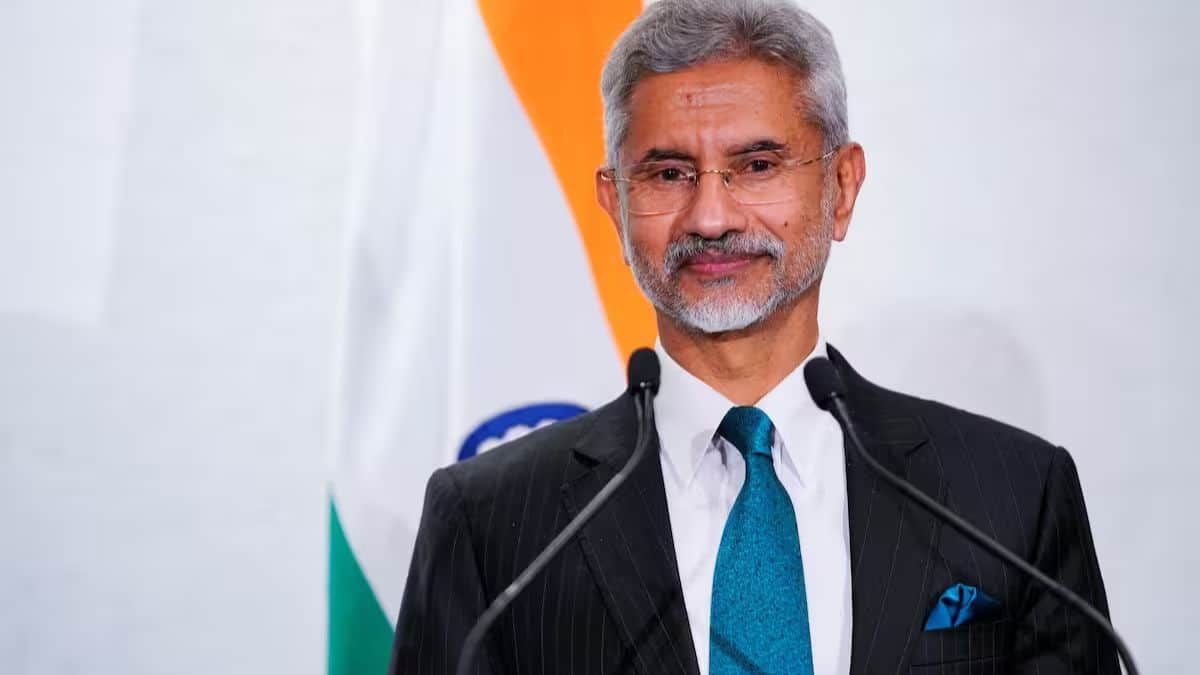In a notable address at the QUAD Foreign Affairs Ministers meeting, Indian External Affairs Minister S. Jaishankar highlighted the collaborative efforts of the QUAD nations—India, the United States, Japan, and Australia—in promoting a free and open Indo-Pacific region. Emphasizing the shared values and strategic goals of the alliance, Jaishankar articulated the importance of this partnership in fostering global stability and a rule-based international order.
“While I have given specific examples, it is important that we all connect the dots,” Jaishankar stated, addressing his counterparts and international delegates. “The overall message is that our four countries—all democratic polities, pluralistic societies, and market economies—are working together for a free and open Indo-Pacific, for a rule-based order and for global good.”
Jaishankar’s remarks come at a time of escalating geopolitical tensions and challenges to the existing international order. His speech highlighted the QUAD’s collective commitment to uphold international law, ensure maritime security, and promote economic growth and development across the Indo-Pacific region. The minister’s emphasis on democratic values and pluralistic societies resonated strongly, suggesting that these shared principles are the bedrock of the QUAD’s strategic vision.
The Tokyo meeting, which brought together key foreign ministers from the four nations, serves as a crucial platform for discussing strategies to counter emerging threats, including cyber security challenges, maritime disputes, and the economic impact of the COVID-19 pandemic. The reaffirmation of the QUAD’s commitment to a rules-based order signals a unified front against unilateral actions that threaten regional stability.
As global observation increasingly focuses on the Indo-Pacific, the QUAD’s proactive stance is seen as a necessary counterbalance to the assertive policies of other regional powers. Jaishankar’s call to “connect the dots” underscores the necessity of cohesive and concerted efforts in navigating the complexities of contemporary geopolitics.

